After the Biden administration announced a seven-nation prisoner swap that freed three Americans wrongly imprisoned in Russia but released convicted Russian assassin Vadim Krasikov from a German prison, former President Donald Trump claimed, “I got back many hostages, and gave the opposing Country NOTHING – and never any cash.”
The claim that Trump gave adversaries “nothing” is false: While Trump secured the release of several hostages, there were instances in which his administration released individuals detained in the U.S. to bring an American home.
In 2019, the Trump administration secured the release of American Xiyue Wang—whom the U.S. categorized as “unjustly detained” by Iran after he was his arrested while conducting research there in 2016—in exchange for the release of Masoud Soleimani, an Iranian scientist detained by U.S. authorities for a sanctions violation. Federal officials told the New York Times at the time that it was a low-cost return, as Soleimani was set to be released in the coming months under a plea deal.
Later that year, the Trump administration negotiated the release of Michael White from Iran. White had been arrested in 2018 for insulting the Iranian ayatollah and was exchanged for Majid Taheri, an Iranian-American doctor who pleaded guilty for sanctions and financial reporting violations. “That was just something that came out of the negotiation, somebody that Iran had identified, and that’s kind of how often these things start,” Brian Hook, a State Department senior official, said at the time. “We always want to get all Americans released. That’s always our goal.”
In another hostage exchange, the Trump administration struck a deal with the Taliban leaders to free two college instructors kidnapped while teaching in Kabul, Afghanistan. In order to secure the release of American citizen Kevin King and Australian citizen Timothy Weeks, the Trump administration released three military commanders of the Haqqani Network, a terrorist group with close ties to the Taliban.
Whether the Trump administration ever sent money to secure the release of an American hostage is unclear.
The Washington Post reported in 2019 that the North Korean government charged the Trump administration a $2 million medical bill for Otto Warmbier, an American college student who fell into a coma while imprisoned in North Korea, in exchange for his return to the U.S. The Washington Post story says that Secretary of State Rex Tillerson and Trump told an envoy to sign an agreement saying the U.S. would pay the bill, but the paper was unable to get anyone involved in negotiations to comment on whether it was paid. Trump has vehemently denied that any payment was made.
If you have a claim you would like to see us fact check, please send us an email at factcheck@thedispatch.com. If you would like to suggest a correction to this piece or any other Dispatch article, please email corrections@thedispatch.com.
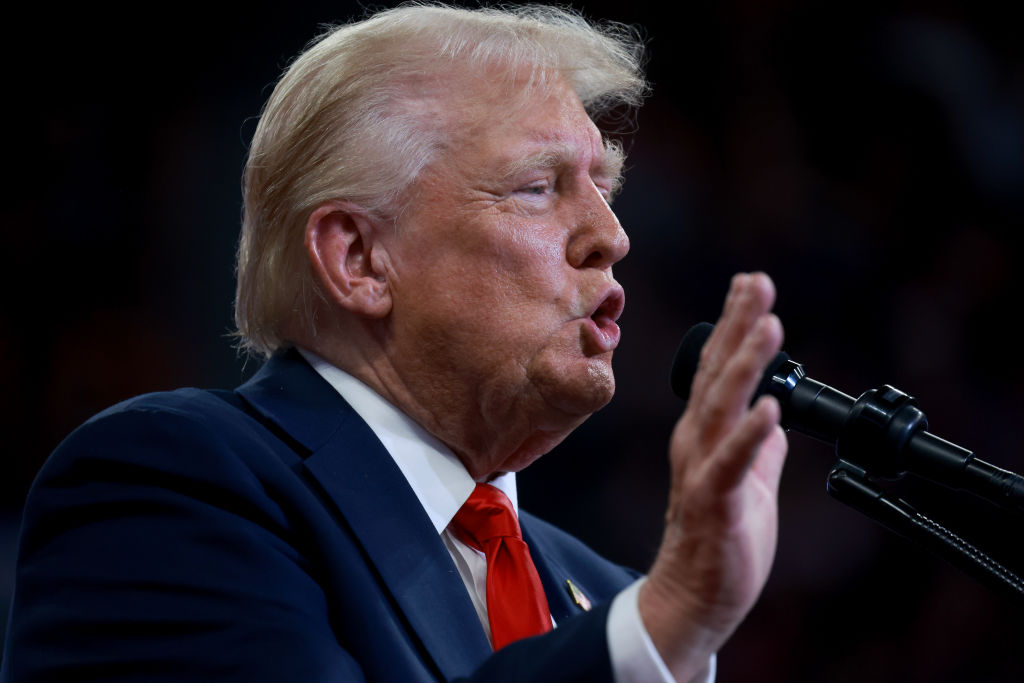
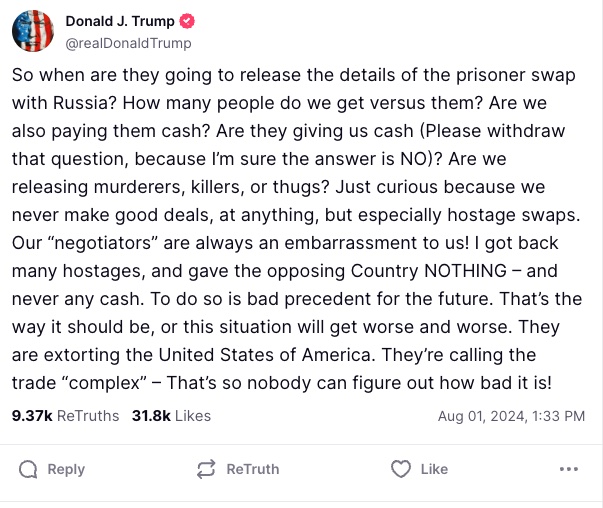

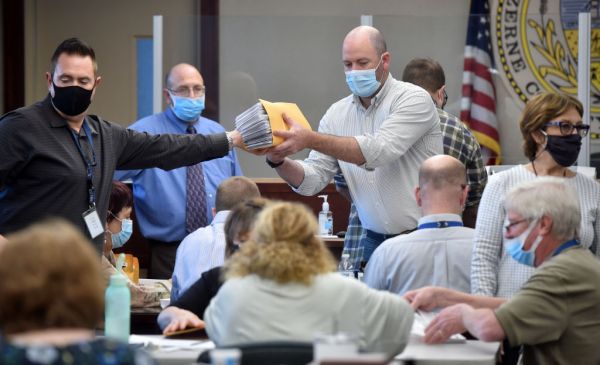
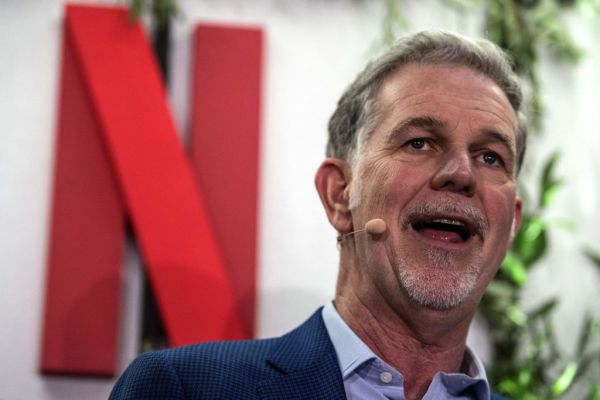
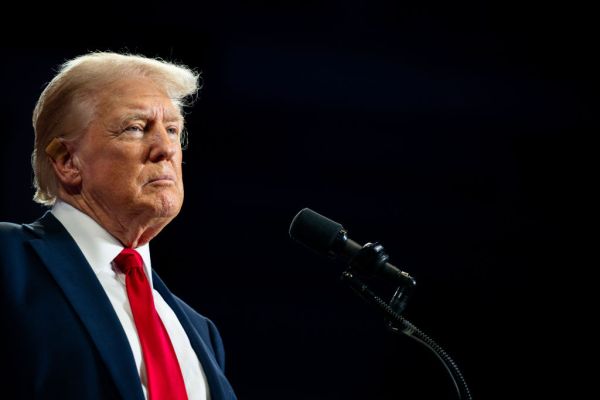


Please note that we at The Dispatch hold ourselves, our work, and our commenters to a higher standard than other places on the internet. We welcome comments that foster genuine debate or discussion—including comments critical of us or our work—but responses that include ad hominem attacks on fellow Dispatch members or are intended to stoke fear and anger may be moderated.
With your membership, you only have the ability to comment on The Morning Dispatch articles. Consider upgrading to join the conversation everywhere.